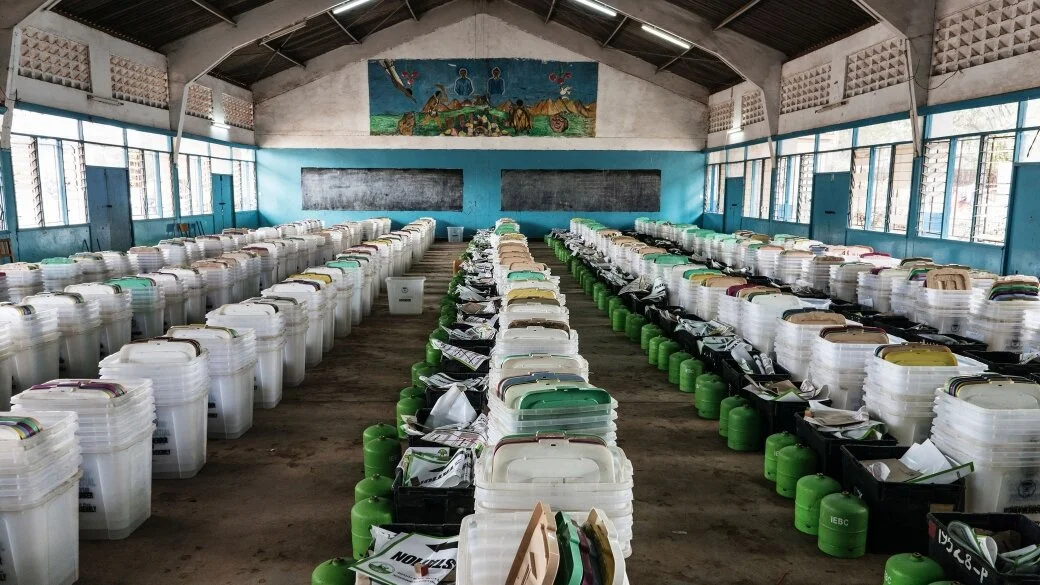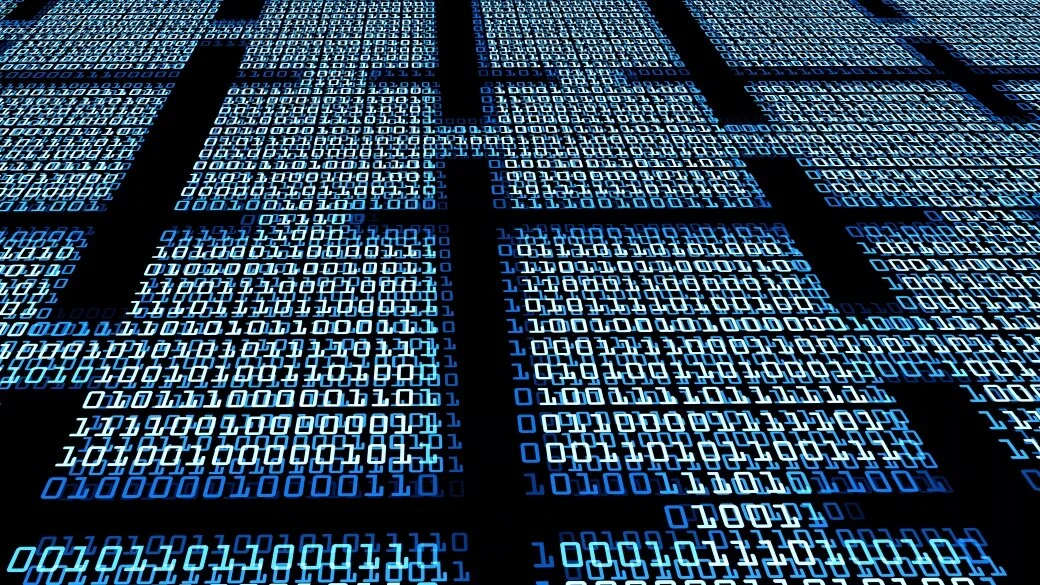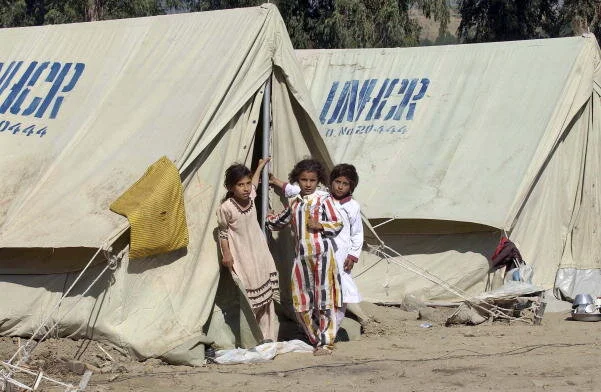Blockchains Will Change the Way the World Votes
Skeptics will continue to highlight potential shortcomings and misconceptions about blockchains. They are right to be wary. The technology is still fresh and unknown, and the potential negative ramifications of poorly implemented systems are high. Yet, electoral systems otherwise in place are known to have serious deficiencies for which technology is providing us solutions. It would be wrong to decry the technology due to surmountable technological challenges when it has so much to offer.
Blockchains and International Development: A Good Bet
Blockchains are not meant to be a development panacea. A verifiable source of information does little against an authoritarian government that is willing to overlook it. Increased access to education cannot ensure the quality of the education received. But blockchains deserve further investment, research, and responsible stewardship. They exhibit great potential to make development obstacles more surmountable and indeed have already begun to do so.
Willkom-one, Willkom-all
The overarching solution to the migrant crisis is a compassionate and holistic commitment to engagement and integration. The speed and depth with which host countries address issues of labor market flexibility and social inclusion will have a direct influence on migrants’ ultimate economic and security ramifications. Cooperative orchestration of this crisis would not just create safer and more productive societies but enhance political understanding of global responsibility between the willing and able states of the twenty-first century.


